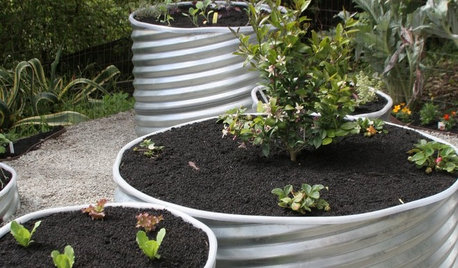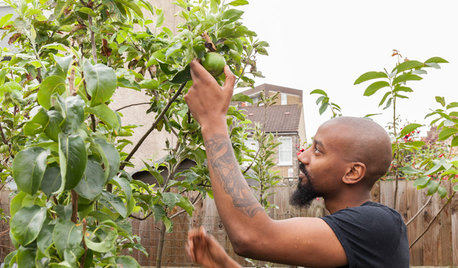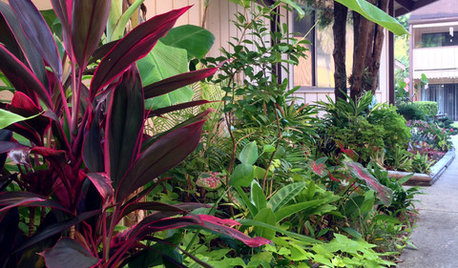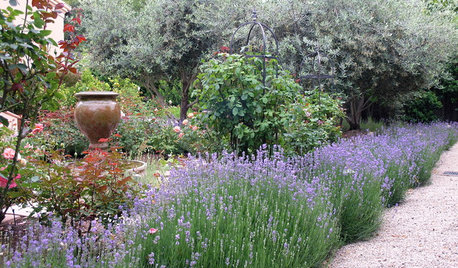How much manure to use in container
xamarlin
13 years ago
Featured Answer
Sort by:Oldest
Comments (21)
greenman28 NorCal 7b/8a
13 years agotapla (mid-Michigan, USDA z5b-6a)
13 years agoRelated Professionals
Fort Lee Landscape Architects & Landscape Designers · Concord Landscape Contractors · Gloucester Landscape Contractors · Lemoore Landscape Contractors · Wasco Solar Energy Systems · Dallas Window Contractors · Coconut Grove Window Contractors · Dayton Window Contractors · Leicester Window Contractors · Lemont Window Contractors · El Segundo Fence Contractors · King City Fence Contractors · Lexington Fence Contractors · Libertyville Fence Contractors · Selden Fence Contractorsbrettay
13 years agojodik_gw
13 years agosuddensam
13 years agomeyermike_1micha
13 years agogardengal48 (PNW Z8/9)
13 years agojojosplants
13 years agoet14
13 years agojamesporter
13 years agoxamarlin
13 years agoania_ca
13 years agotapla (mid-Michigan, USDA z5b-6a)
13 years agotapla (mid-Michigan, USDA z5b-6a)
13 years agojodik_gw
13 years agotapla (mid-Michigan, USDA z5b-6a)
13 years agoania_ca
13 years agotapla (mid-Michigan, USDA z5b-6a)
13 years agoania_ca
13 years agotapla (mid-Michigan, USDA z5b-6a)
13 years ago
Related Stories

GARDENING GUIDESThe Poop Scoop: Enrich Your Soil With Good Old Manure
Get over the ick factor already — this natural super-ingredient for soil has so many benefits, you'll wonder why you ever went chemical
Full Story
CONTAINER GARDENSContainer Gardening Basics: The Dirt on Soil
Learn the types of potting soil available and the best mixes to help your containers thrive
Full Story
FARM YOUR YARDHow to Grow Vegetables in Containers
Get glorious vegetables and fruits on your patio with a pro’s guidance — including his personal recipe for potting mix
Full Story
SPRING GARDENINGHow to Grow a Rose Garden in Pots
Everything can come up roses, even without a plot of soil in sight. This step-by-step guide to growing roses in containers shows you how
Full Story
GARDENING GUIDES8 Materials for Raised Garden Beds
Get the dirt on classic and new options for raised vegetable and plant beds, to get the most from your year-round garden
Full Story
INDUSTRIAL STYLEHouzz Tour: Going Against the Grain in a Missouri Silo
See how a creative couple turned a metal grain bin into a most unusual container for living
Full Story
GARDENING GUIDESLush, Foodie Abundance in a Small Urban Garden
This modest backyard garden provides its owner with fruit and vegetables all year round, thanks to an innovative low-maintenance approach
Full Story
GARDENING GUIDESA Mom, a Garden and a Gift for the Neighbors
Gardening can be therapeutic in unexpected ways. See how one gardener found peace and purpose in a patch of Florida soil
Full Story
GARDENING GUIDESGrow a Beautiful Garden in Alkaline Soil
Got alkaline soil? Learn how to manage it and the many beautiful plants that will thrive in this ‘sweet’ soil
Full Story
FLOWERSHerb Garden Essentials: Grow Your Own Fragrant Lavender
This do-it-all plant is ideal for almost any garden, and its uses are abundant around the home
Full StoryMore Discussions







jane__ny